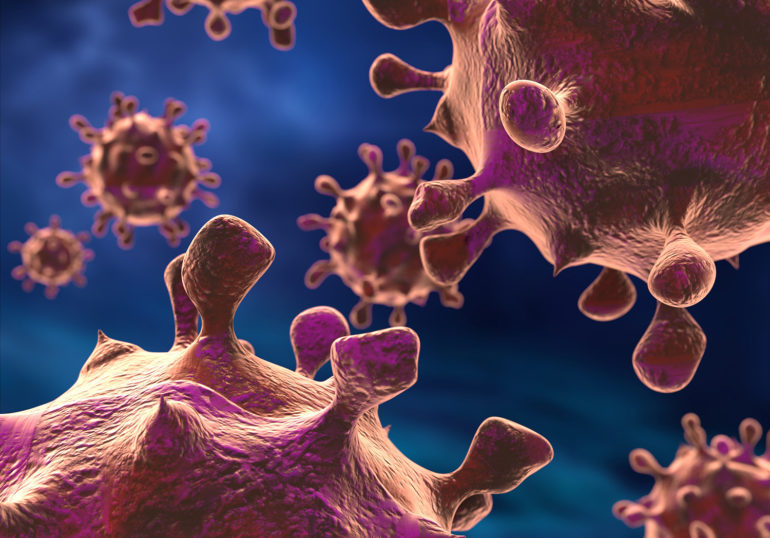Lockdown and increase in hand washing could be contributing to the decline
THE number of food poisoning cases reported to the NHS in Cardiff was significantly lower in 2020 than in previous years.
Between 2012 and 2019, there were an average of 778 food poisoning cases reported to Cardiff and Vale University Health Board per year, while in 2020 there were only 248 cases reported.
This reflected a similar trend across Wales, where food poisoning cases in 2020 were at their lowest level since 1992, the last year for which data is publicly available.
Statistics for the first five weeks of 2021 also show that food poisoning cases were lower than the average number of cases reported in the same five-week period between 2018 and 2021.
Dr Lisa Ackerley, a chartered environmental health practitioner, said this could be because of the coronavirus pandemic.
“It could be explained by the fact that people have been encouraged to wash their hands more. Norovirus, a common type of foodborne illness, is spread from people so personal hygiene is critical.
“People are perhaps becoming more conscious of the need to disinfect hand contact and food preparation surfaces and this raised awareness may have been having a very positive effect on food poisoning cases.”
Simon Dawson, senior lecturer in food science and technology at Cardiff Metropolitan University, also believed that increased personal hygiene could have contributed to the decline.
“So many more people are now walking around with hand sanitisers in their pockets and washing their hands a lot more.
“You’ve got a lot less people going out as well, so you’ve got less transmission through person to person contact. That has caused a massive reduction,” said Mr Dawson.
Bu Mr Dawson also said that because of the pandemic, “a lot of people were told don’t go to the doctors, because you only go to the doctors if you’re severely sick and ill, because of Covid cases”.
As a result, fewer cases of food poisoning might have been reported.
A study published by researchers from the Massachusetts Institute of Technology estimated that only 20% of people in airports have clean hands.
They found that improving handwashing at all of the world’s airports to triple that rate, so that 60% of travellers had clean hands, could slow the spread of global disease by almost 70%.
Mr Dawson said: “If people wash their hands better, even after Covid’s gone, and they focus on hand hygiene, correct cooking, correct storage of food, and especially use by dates, then the likelihood of you contracting foodborne illness will be dramatically reduced.
“And that’s the same for restaurants, for takeaway places, for shops, everywhere really.”



